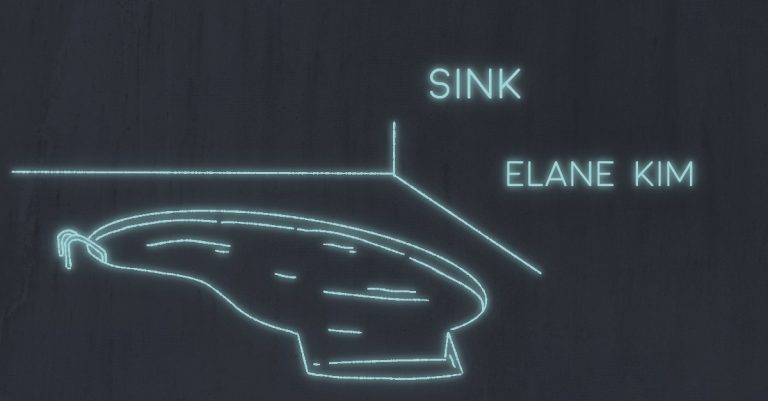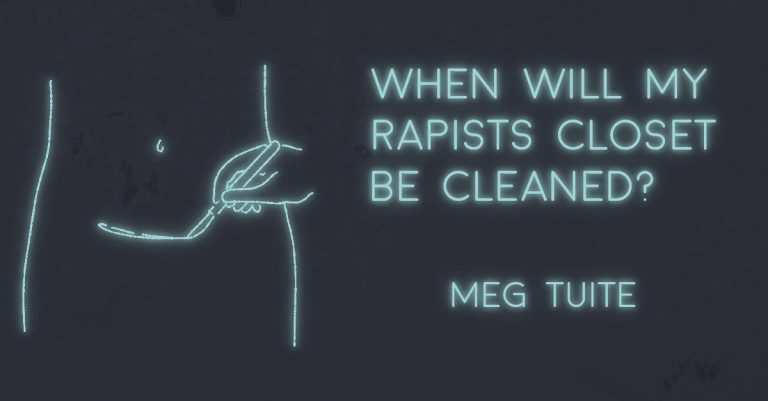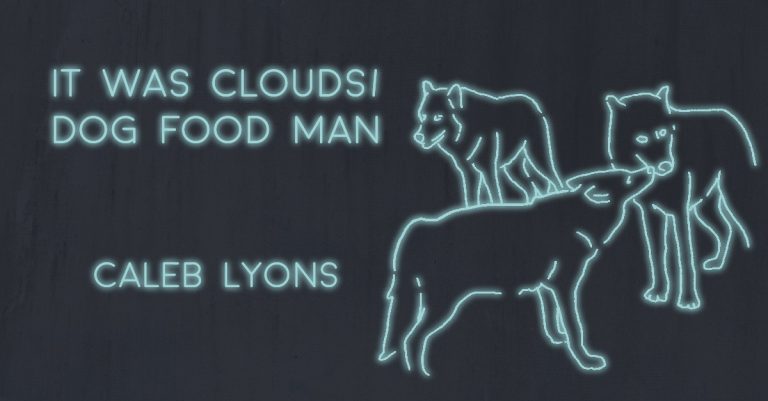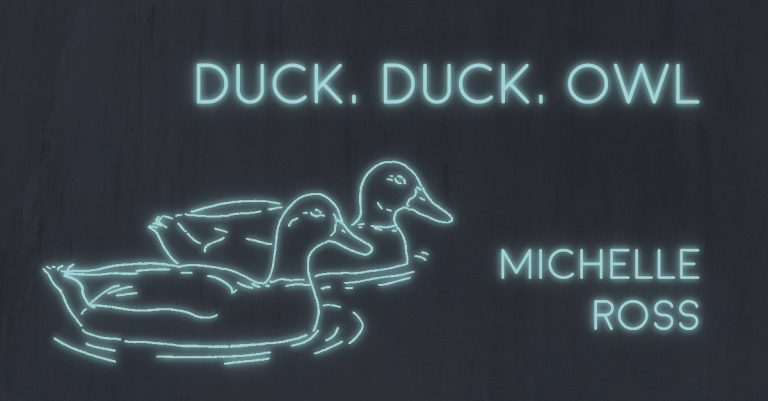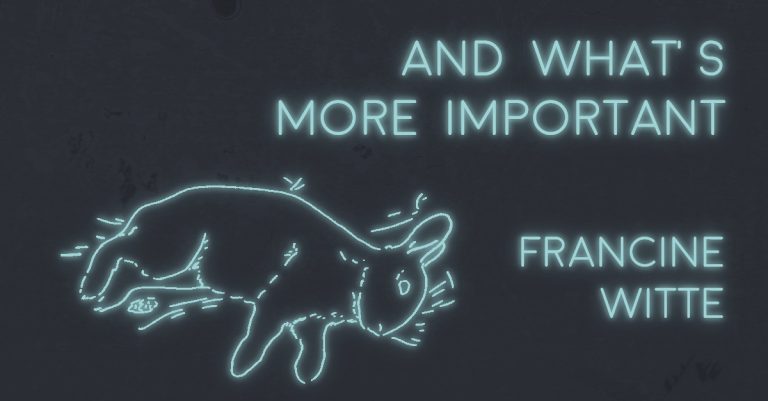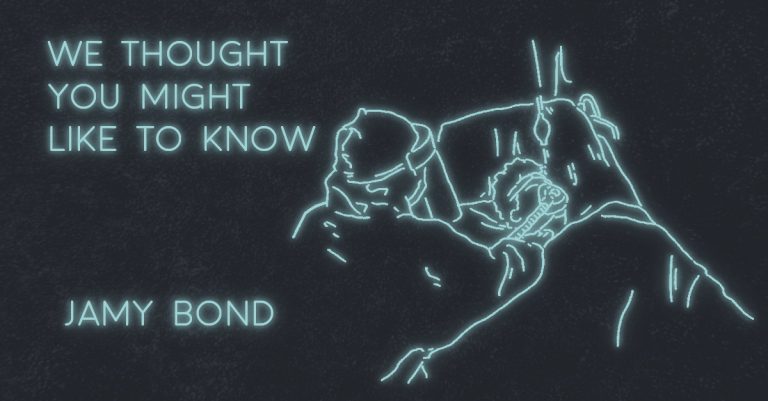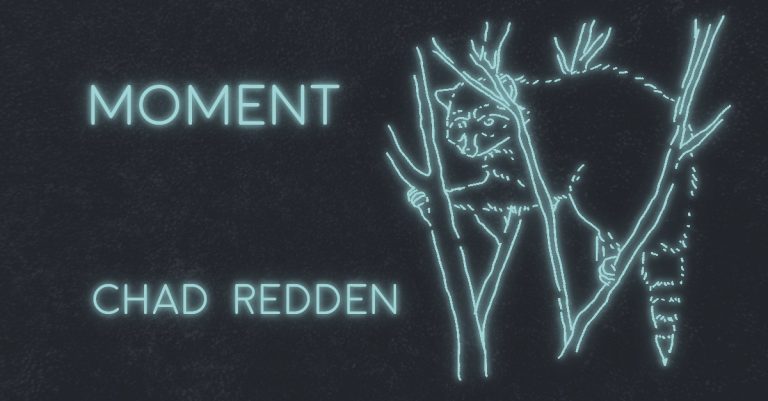
TWO-IN-ONE by Genta Nishku
That summer, the water in that city ruined my hair. After every wash, the same refrain: clumping and matting. A whole bottle of hair conditioner later, and I was at the dim-lit bar. A man gestured something at me with his eyes, while outside, the awkward artist typed his number in my phone. We’ll meet for lunch, he promised. The warm air made disassociation easier, even if the drinks were weak and the conversation hard to follow. I’d get drunk at home, I decided. Then the traces of the day would fade, present and future melting together, like the sky

